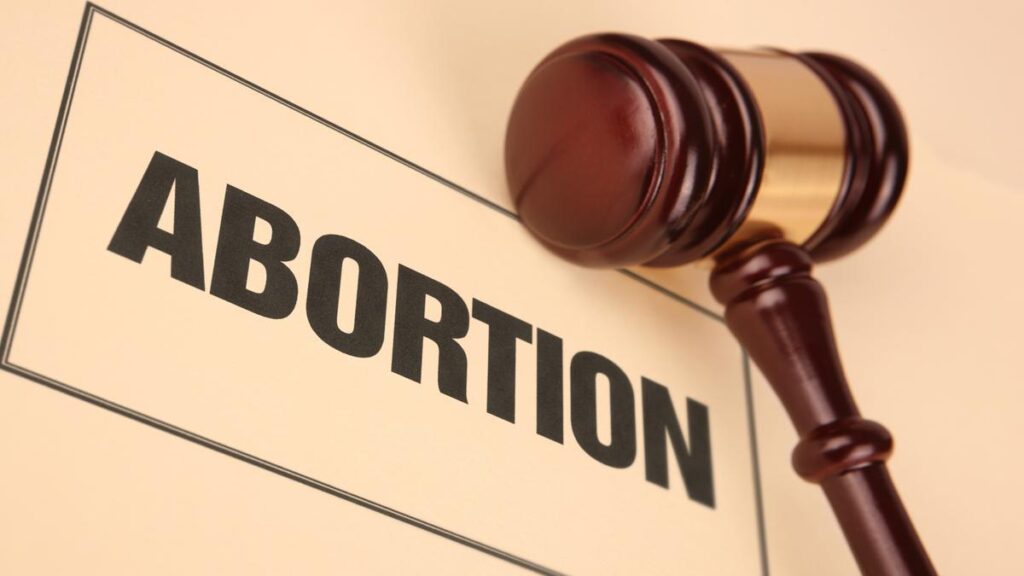Jahanvi Agarwal
On 17th August 2023, the Supreme Court declared that a woman alone has the right to her body and is ultimately responsible for deciding whether or not to have an abortion.
The rights to reproductive autonomy, dignity, and privacy under Article 21 of the Indian Constitution gives an unmarried woman the same choice as a married woman regarding whether or not to have children, according to a landmark ruling by a bench of Chief Justice D Y Chandrachud, Justice A S Bopanna, and Justice J B Pardiwala.
The Court was of the opinion that:
“In the context of abortion, the right to dignity entails recognising the competence and authority of every woman to take reproductive decisions, including the decision to terminate the pregnancy.”
The Supreme Court has ruled that while “human dignity” is a fundamental right inherent in every person, it is “susceptible to violation by external conditions and treatment imposed by the state.”
The order stated that:
“The right of every woman to make reproductive choices without undue interference from the state is central to the idea of human dignity.”
The court observed that:
“Deprivation of access to reproductive healthcare or emotional and physical wellbeing also injures the dignity of women. A woman can become pregnant by choice irrespective of her marital status.”
The bench declared that while an unmarried woman has the legal right to an abortion if the pregnancy is desired, it is equally shared by both parties. However, the burden generally falls on the pregnant woman whether it is an unintended or accidental pregnancy, hurting both her physical and emotional health.
Article 21 of the Constitution recognizes and defends a woman’s right to have a pregnancy terminated if her mental or physical health is in jeopardy.
Case Name: XYZ v. State of Gujarat.

